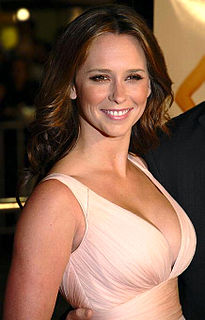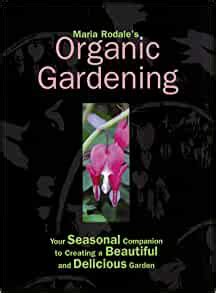A Quote by Naomi Klein
One of the most disturbing ways that climate change is already playing out is through what ecologists call "mismatch" or "mistiming." This is the process whereby warming causes animals to fall out of step with a critical food source, particularly at breeding times, when a failure to find enough food can lead to rapid population losses.
Related Quotes
Many scales of climate change are in fact natural, from the slow tectonic scale, to the fast changes embedded within glacial and interglacial times, to the even more dramatic changes that characterize a switch from glacial to interglacial. So why worry about global warming, which is just one more scale of climate change? The problem is that global warming is essentially off the scale of normal in two ways: the rate at which this climate change is taking place, and how different the "new" climate is compared to what came before.
When food becomes scarce, refugees often turn to desperate measures to feed themselves and their families. We are particularly worried about the health of the refugee population, domestic violence and refugees resorting to illegal employment or even to prostitution, just to put enough food on the table.
Most of the food crops raised in the world today are fed to livestock destined for slaughter for us to eat, and most of the water used is used to raise the food crops that are fed to those animals. It has been estimated that, because of the extraordinary amount of grain it takes to raise food animals, if we reduced the amount of meat we eat by only ten percent, that would free up enough grain to feed all the starving humans in the world. So when we choose to eat meat instead of vegetables, we are choosing to take food away from others who are hungry.
Human beings, because we're so clever, have removed every single one of those population limiting factors... So nothing controls our increase in numbers except our own wish. Since I first started making television programs, the population of the world has increased three times. That's an extraordinary notion. Can it increase four times? Can it increase five times? The Earth is a finite size. So a point will eventually come when we run out of food, when we run out of space and when we will have destroyed most of the natural world. So ought we to do something about it before that happens?
City farming is not only possible, it is the very definition of the kind of meaningful, sustainable innovation we will need to meet the grand challenges of the 21st century: climate change; population growth; ageing population; urbanization; rising demand for energy, food and water; poverty; and access to healthcare.

































